I’m a Black Woman with Endometriosis
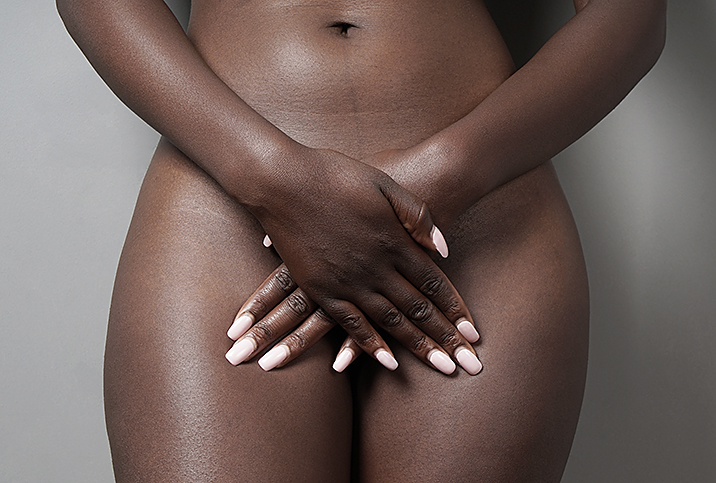
If you were to Google "endometriosis" back in 2021, resources and medical guidance would be limited at best. Although the condition is known as a "white woman's disease," endometriosis impacts the lives of just as many Black women. According to a 2019 study by the American Journal of Obstetrics and Gynecology, however, Black women are only about 40 percent as likely to be properly diagnosed. Even today, statistics for women of color with endometriosis are practically nonexistent due to the prejudices and racism that reverberate through the healthcare system.
I was diagnosed with endometriosis—a painful inflammatory condition in which tissue usually found inside the uterus grows throughout the pelvic area—in September 2019. Like most of the one in 10 women with endometriosis, however, I’ve realized that I had been dealing with the disease for more than seven years before being diagnosed.
As a burgeoning journalist with more commentary than cents, I admittedly didn’t have the healthiest of diets back in 2014 when I first began experiencing symptoms of endometriosis. Manhattan’s pizza was an office staple and open bars at media events left me with a body in serious need of detoxing. Add on the stress of deadlines and the lingering trauma of being a Black woman in America and I’d mentally and physically worn myself out at just 22-years-old.
A pain so vicious
I remember thinking I was having a bathroom emergency. The pain on my left side had grown so abruptly that I ended up leaving my internship only to lay in bed with gnawing pains into the wee hours of the morning. The next thing I knew, I was being rushed to the emergency room.
After a few tests and X-rays, doctors told me I had a cyst. The healthcare workers acted like the diagnosis was normal enough and sent me on my way with ibuprofen. They did, however, urge me to follow up with my gynecologist.
I’ll never forget the chuckle I got from my former gynecologist when they reviewed my information from the hospital or the words that followed after I was diagnosed with endometriosis. “I hope you don’t plan on having kids anytime soon," they said. "Be sure to come back every few months so we can monitor its growth.”
Over time, I grew more anxious after every checkup. More flustered and crushed at the thought that my concerns didn’t mean much to the professionals who were meant to treat me.
Unbeknownst to me, I wasn’t alone
When I was diagnosed in 2019, I found out that women 18 to 45 can experience symptoms for up to seven years before receiving a diagnosis.. For others, it can take up to 11 years. Doctors tend to misdiagnose patients with painful periods, irritable bowel syndrome or pelvic inflammatory disease.
There are fewer studies conducted on Black women, meaning that often more patients are misdiagnosed. A 2016 study by the National Academy of Sciences showed that many white doctors who see Black patients think they are less sensitive to pain than white patients. In other words: Black women's pain is ignored and minimized.
I did find refuge in other Black women’s experiences. I’ve chatted with dozens of other “endo warriors” who have stories similar to my own, and others whose pain makes mine pale in comparison.
My community has chosen a more holistic approach to healing. Therapy to deal with stress management, dietary changes and building a foundation of advocacy with one another is how many of us cope with disparity and mistrust with medical professionals. Groups like ENDO Black connect Black women and women of color who have endometriosis to one another and encourage them to speak up, ask questions and support each other.
The first step will always be awareness. As history has shown us time and again, it is truly up to us.







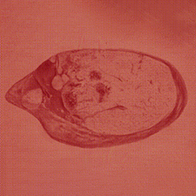
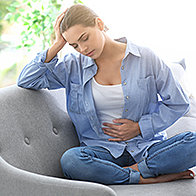





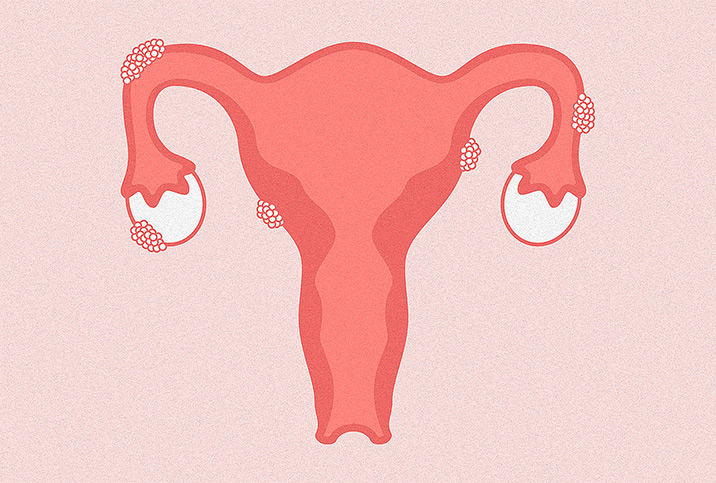
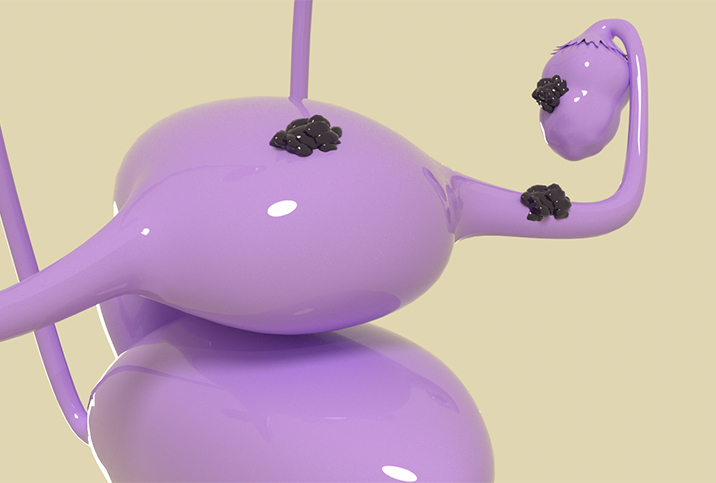
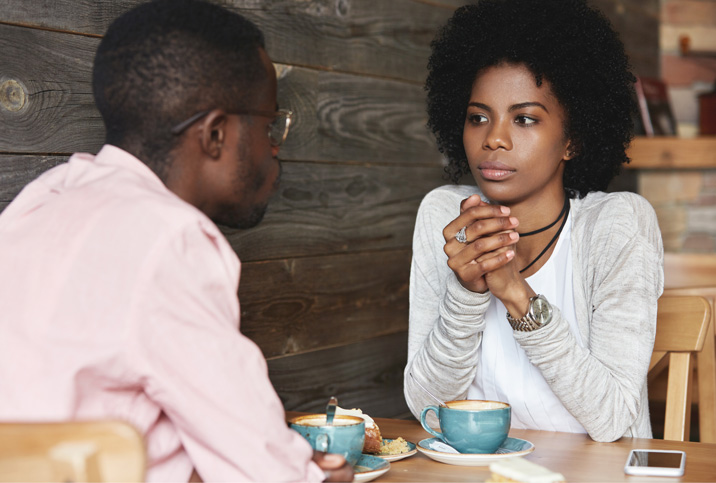
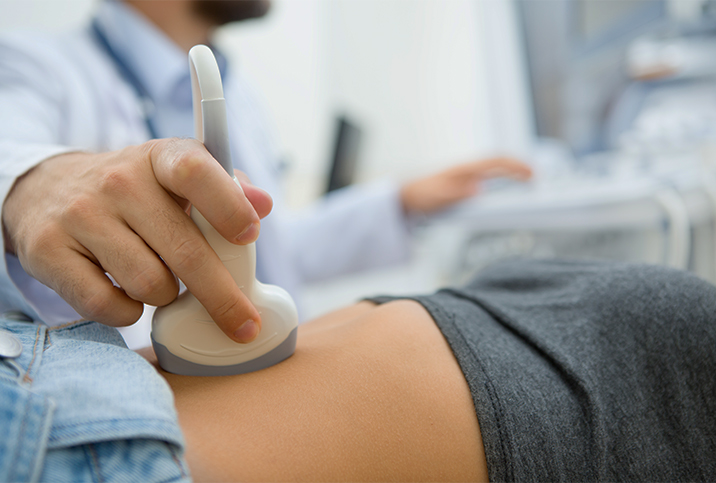



Commentary